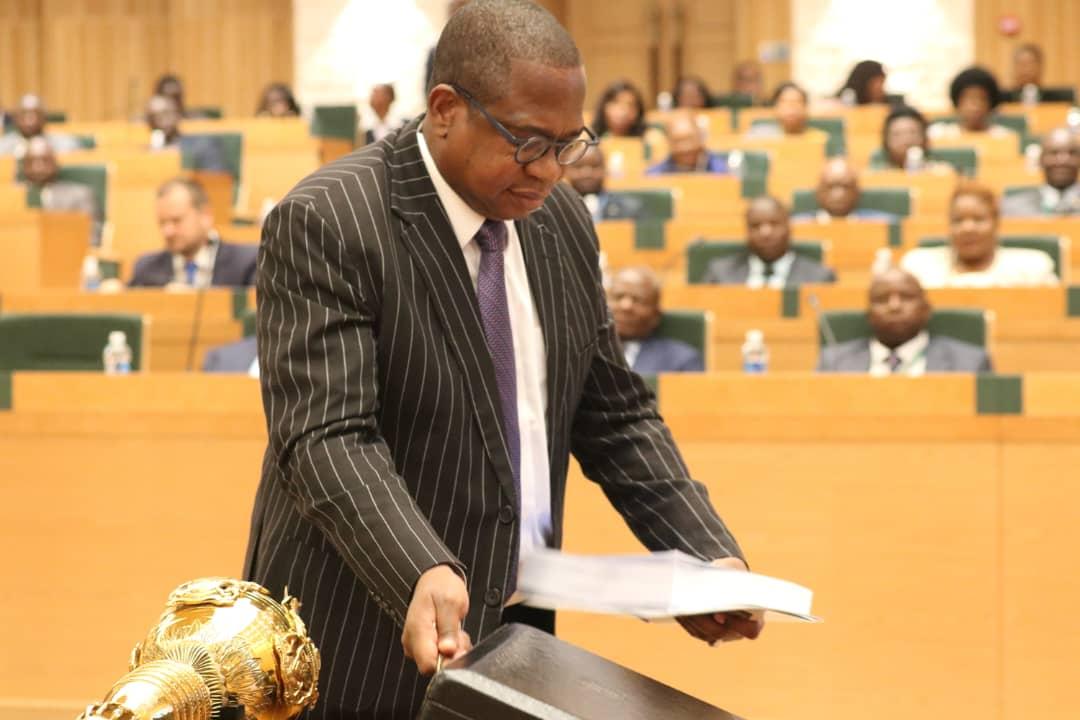BRET RASHAMIRA*
HARARE – In a display reminiscent of the biblical tale of Moses parting the Red Sea, Zimbabwe’s Minister of Finance presented the nation with a proposed budget a fortnight ago that has created a schism in opinion among economists and all other stakeholders. The budget’s tax regime has sparked an intellectual discourse of different hues, with some arguing for its progressiveness, while tax justice advocates denounce its regressive outlook.
 |
| Finance Minister Mthuli Ncube has come under criticism for proposing a raft of tax policies which many have decried as burdensome for the majority masses. |
The introduction of new and revised taxes has fueled the fire of contention. Among this array of taxes are the wealth tax, fuel importation levy, passport prices, toll fees, vehicle registration fees, and even the introduction of a sugar tax.
In this brief write-up, I focus on both sides of the argument, using the proposed wealth tax as a focal point to underscore whether the proposed taxes are progressive or regressive.
Proponents of the progressive tax regime argue that it entails imposing higher tax rates on individuals with higher incomes or greater wealth.
They contend that the proposed 1% wealth tax on residential properties valued at $100,000 or more aptly aligns with this economic concept. By targeting stakeholders with greater wealth, this tax aims to strike a blow at the privileged few.
The Minister of Finance, Professor Mthuli Ncube, justifies the wealth tax by highlighting the current tax structure’s disproportionate benefits for the rich, at the expense of low-income earners.
During his budget presentation, he emphasized, “The tax incidences fall disproportionately on the low-income groups, resulting in inequality.”
To rectify this, he proposed the introduction of a wealth tax, set at 1% of the market value of residential properties valued at a minimum of $100,000.
However, critics argue that the wealth tax is arbitrary, focusing solely on property ownership without considering the various ways individuals may have acquired these properties. Some may have inherited them, which deviates from the fundamental principles of taxation that emphasize taxing income-generating activities.
Tax justice advocates contend that the proposed budget is undeniably regressive. Under a regressive tax regime, the poor bear a heavier burden in proportion to their available resources compared to the wealthy. These advocates criticize the flat rate applied to citizens in the proposed 1% wealth tax.
They argue that the government fails to consider how some properties were acquired, suggesting that some homeowners constructed their properties through savings accumulated during their prime years. With meager pensions, these homeowners struggle to meet the proposed tax, which undermines the principle of effectiveness.
The 2024 proposed budget could have both positive and negative ramifications for Zimbabwe’s political economy. The Minister of Finance and Economic Development highlights the need for infrastructure development to support the services the government intends to provide.
For instance, the increased passport prices are justified as a means to fund the development max of technology required for self-serving e-passport functions.
Additionally, the revenue generated from the wealth tax will be allocated to urban infrastructure development, including roads, water systems, sewage, and community health centers.
If this revenue is indeed utilized as intended, 2024 could witness significant milestones in infrastructure development. However, on the flip side, the proposed budget poses a potential impediment to local and foreign investments.
The arbitrary wealth tax targeting properties valued at $100,000 and above may discourage local investments, particularly in real estate.
Furthermore, the introduction of a new top-up tax for multinational companies contradicts the principles of the Second Republic, which aims to attract foreign investment by declaring that Zimbabwe is open for business.
Moreover, the 2024 proposed tax regime is likely to increase the cost of living due to higher fuel importation levies, resulting in elevated fuel prices. Additionally, increased toll fees will contribute to higher public transport costs along the country’s major highways.
As Zimbabwe finds itself at this crossroads, the proposed tax regime continues to ignite fierce debate. The government must weigh the potential benefits of progressive taxation and infrastructure development against the potential deterrents to investment and increased living costs.
As Parliament proceeds with debates on the proposed 2024 national budget, the nation eagerly awaits the outcome as Zimbabwe treads a fine line between progression and regression in its pursuit of economic stability and prosperity.
*Bret Rashamira writes here in his personal capacity.


















0 Comments